I write this on the last day of Women’s History Month. Looking back to Virgina Woolf’s famous words from nearly a century ago breaks down to a simple prescription for any kind of creative experience that comes from an independent life.
A woman must have money and a room of her own if she is to write fiction.
Not a small feat, but all one requires is some income and a private room. I might add, preferably with a window—one with a view.
Feminism grew around housing issues and forming communal living situations to allow women that freedom. Boarding homes during the early 1900s gave women a way to separate from the amount of domestic work that had been expected from them in their family homes. For the first time, some women were able to focus on their own independent lives.
By the late 1940s, women’s hotels sprung up to house greater number of women with education to obtain city jobs. The infamous Barbizon Hotel in New York City housed many aspiring performers, writers and artists with a safe private room, meals, swimming pool and lobby for socializing. The 23-story hotel was bustling during the 50s and 60s.
Although Barbie was introduced to girls in the late 1950s, her expanding universe of accessories did not yet promote a wide-range of careers as it did later on in the ‘70s and beyond. I imagined jobs, travel, city life, and romance factoring into my future, but how to do it was to be discovered rather than planned.
When girls saw Ann-Marie’s apartment on the late 1960s television show That Girl, the desire for a room of one’s own grew to be an entire apartment. The Marlo Thomas character arrived at a time when legislation was loosening restrictions around bank accounts, credit, mortgages and apartment rentals for women. Education beyond high school for girls was becoming more common. A slew of other tv shows arrived featuring women having experience beyond the domestic sphere—Mary Tyler Moore, Murphy Brown, etc.
The Barbizon Hotel declined during the 70s and began accepting men in the 80s. The building was later sold numerous times and now stands as a condominium.
While those earlier tv shows focus a lot on workplace dynamics and blatant sexism, later ones feature characters still up against the patriarchy, but they also have access to the hard-won fruits of the women’s movement. Working as journalist, lawyer, gallerist and Public Relations entrepreneur, Carrie Bradshaw and her Gen-X girlfriends on Sex in the City (1998-2004) have careers, apartments, designer clothing and lots of glamorous big-city fun. Even later on, Millennial Hannah Horvath and her friends on Girls (2012-2017) are endlessly disappointed with all their opportunity in an increasingly competitive time.
The common denominator in these portrayals is the luxury of self-discovery that experience offers.
During the early 1960s when I was learning to know what music I liked, I had a few 45 records, radio hits that I begged my parents to buy for me until I began using meager allowance money to purchase one now and then at the Sattler’s Department store in the new mall that was in walking distance from my home in Tonawanda, New York. Soon enough, I was earning babysitting money and able to branch out from the Chubby Checkers, Beatles, and Monkees albums that I received as Christmas or Birthday gifts. The first one I paid for myself was Jimi Hendrix’s debut album, Are You Experienced?
I was captured by the idea of experience as something I was in the market for. At age 16, my lower-middle-class suburban experience was fairly limited. My resume was brief. As the eldest of five kids, family life was central, but in 5th grade, I was given the Cinderella role in the annual play. My family moved a mile way that year and I had to change schools and friends. I could swim and skate and ride a bike. I tried skiing once. I was starting to sew my own clothes. I had been to Canada and Michigan and travelled by bus from Buffalo to Washington DC with my girlfriend by ourselves at age 12. We stayed with my aunt, a young single woman working in DC. Her friend worked in the White House and gave us a private tour that included opening the door to the Rose Garden and observing President Lyndon Johnson talking with another man. He looked over and waived to us. Pretty exciting, but the best part of that visit, was walking by a theater playing the new Beatles movie, A Hard Day’s Night, that had not yet arrived in my town. We ditched our plan to visit The Smithsonian Institute to sit in the theater with a group of screaming teens to be part of the ongoing Beatles phenomenon.
When Jimi Hendrix sang If you can just get your mind together, I wondered “What does that even mean?” It felt like an invitation, though.
The music of Jim Morrison and The Doors was everywhere too—their debut album arrived around the same time as Jimi Hendrix. I had a sense about the call to open one’s mind, but that would take time. A decade later, Ian Dury released his song Sex, Drugs, Rock n’ Roll that coined the now well-worn phrase seemed to spring directly from the music of Hendrix and Morrison.
Merriam-Webster points to a couple key elements of experience:
direct observation of or participation in events as a basis of knowledge;
something personally encountered, undergone, or lived through;
the conscious events that make up an individual life.
What is experience good for? It is likely the bearer of as much confusion and trouble as happiness—all fleeting and not made valuable by checking off boxes on a list. More like breadcrumbs of information and guidance along the way. You begin to know things and also recognize all you do not know. For me, a curious mix of work, place and relationship with enough risk and amazement filtered through to shudder when I glance back—a process that seemed to shore up the ability to endure and thrive through the many challenges of self-discovery.
A large part of that time for me has gone into making things—sometimes tangible, useful things, but more often, engaging in a process of making something more abstract in the form of a painting.
Twentieth Century artist, Mark Rothko described painting in a way that speaks to this:
A painting is not a picture of an experience; it is an experience.
As human rights are being stolen away little by little, Ursula LeGuin’s quote posted earlier in this essay says it all. If we do not invent our own lives, others will do it for us.
~~~~~~~
Copyright Pat Pendleton 2025. All rights reserved.
This is a reader-supported publication. Thank you for taking the time to read it! Free subscriptions are available to receive new posts and support my work. Paid subscriptions are appreciated, but optional.


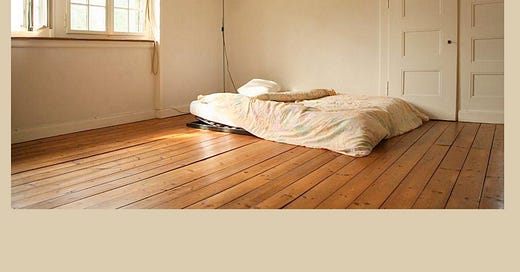



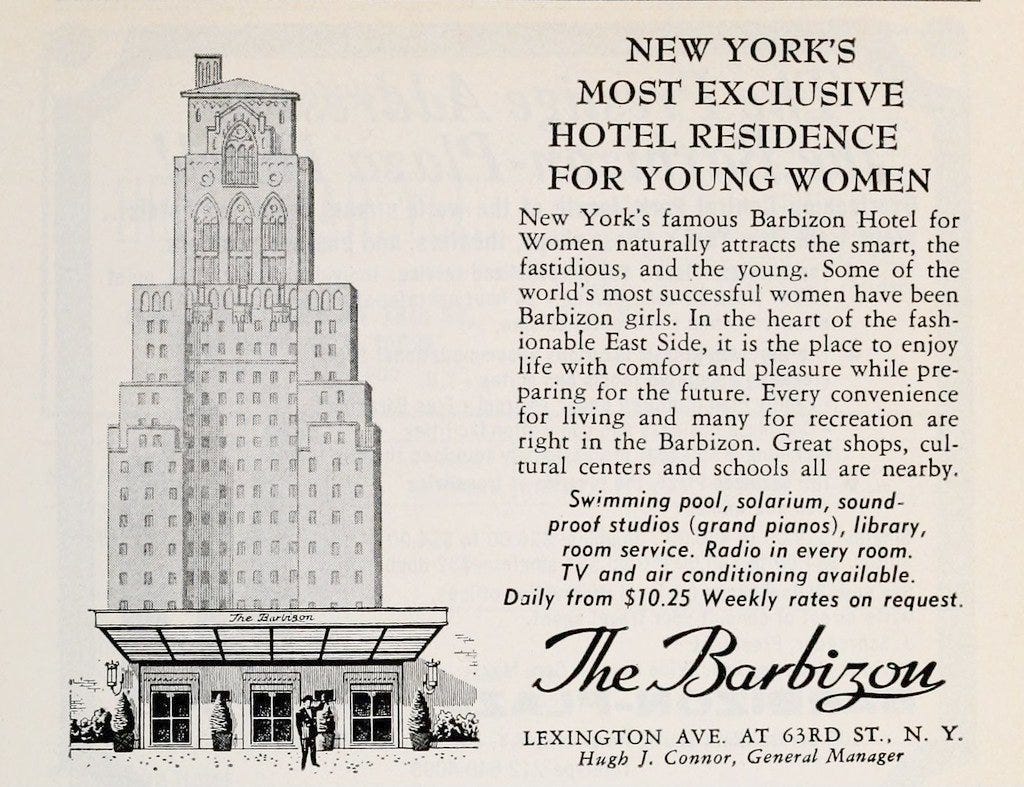
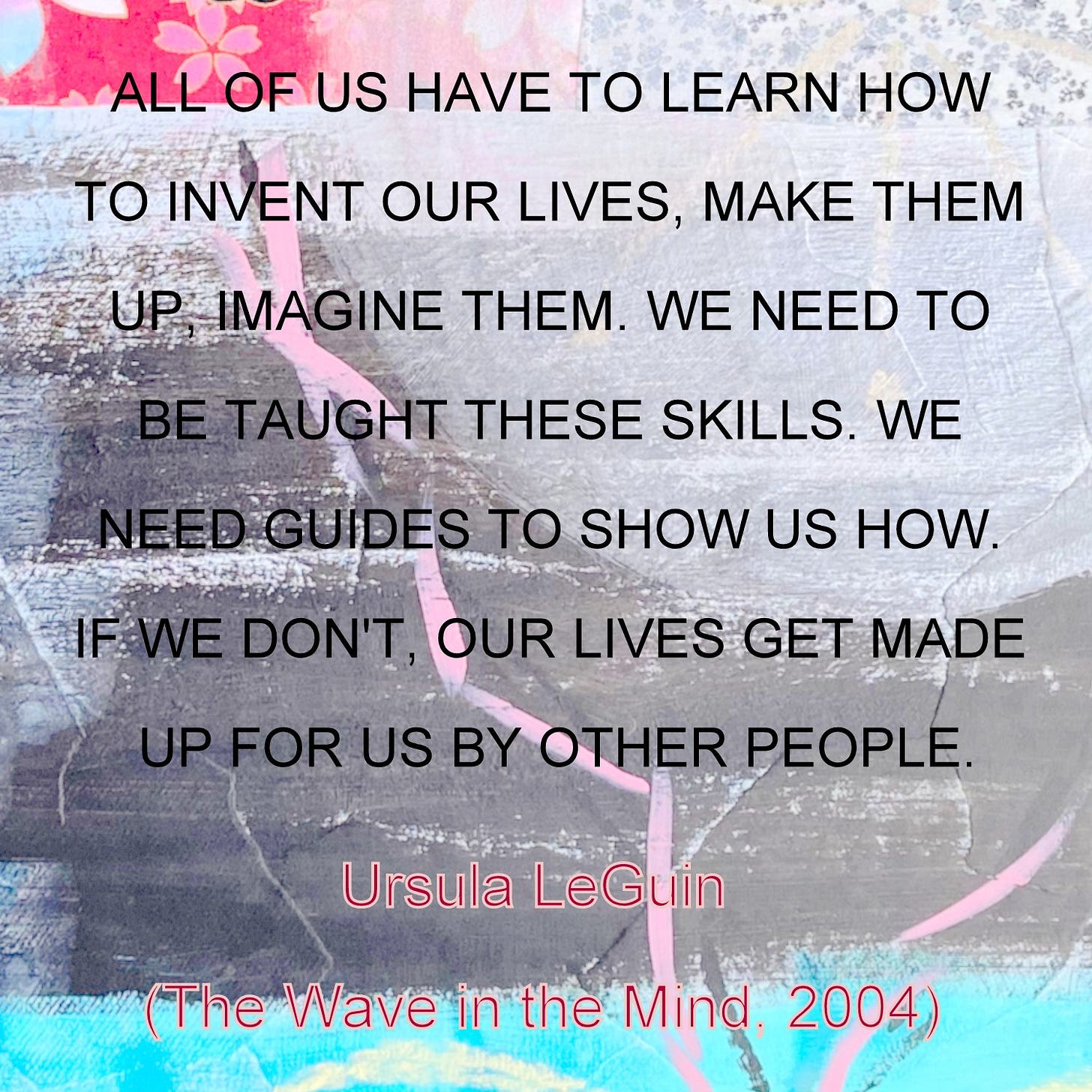
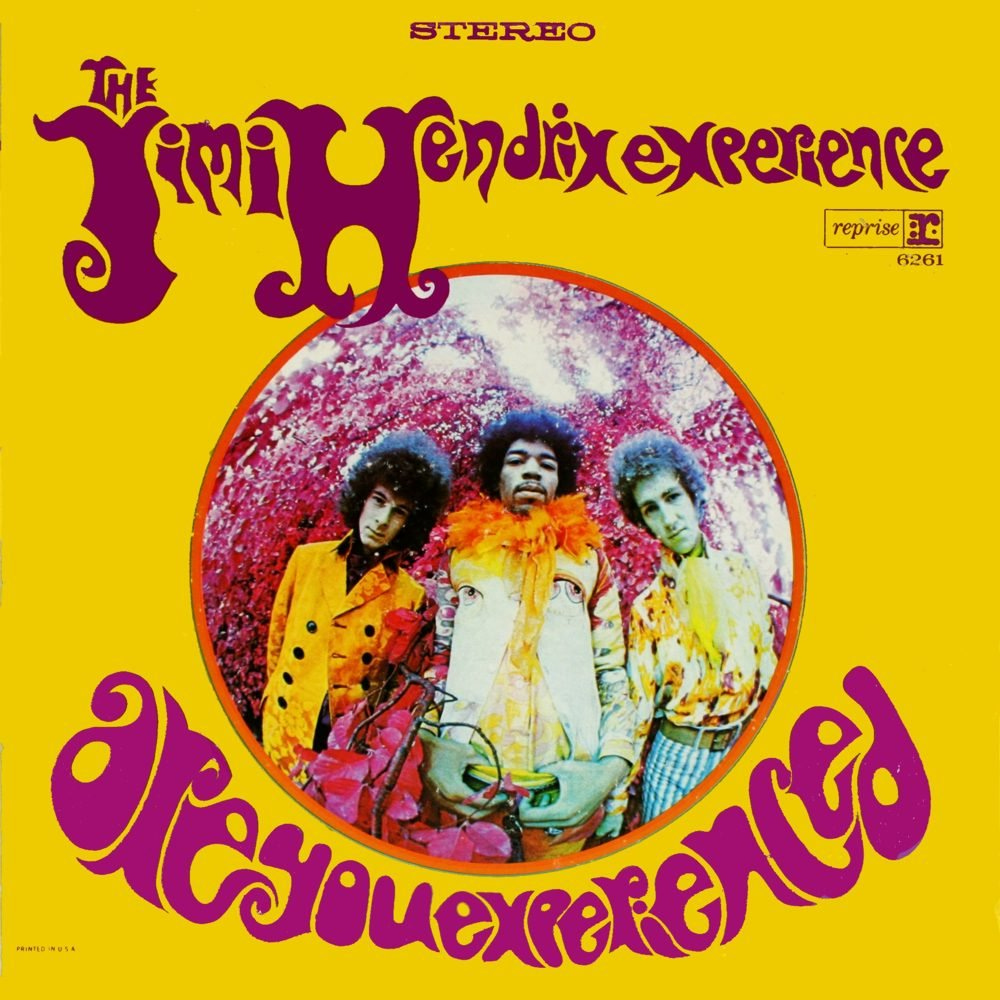
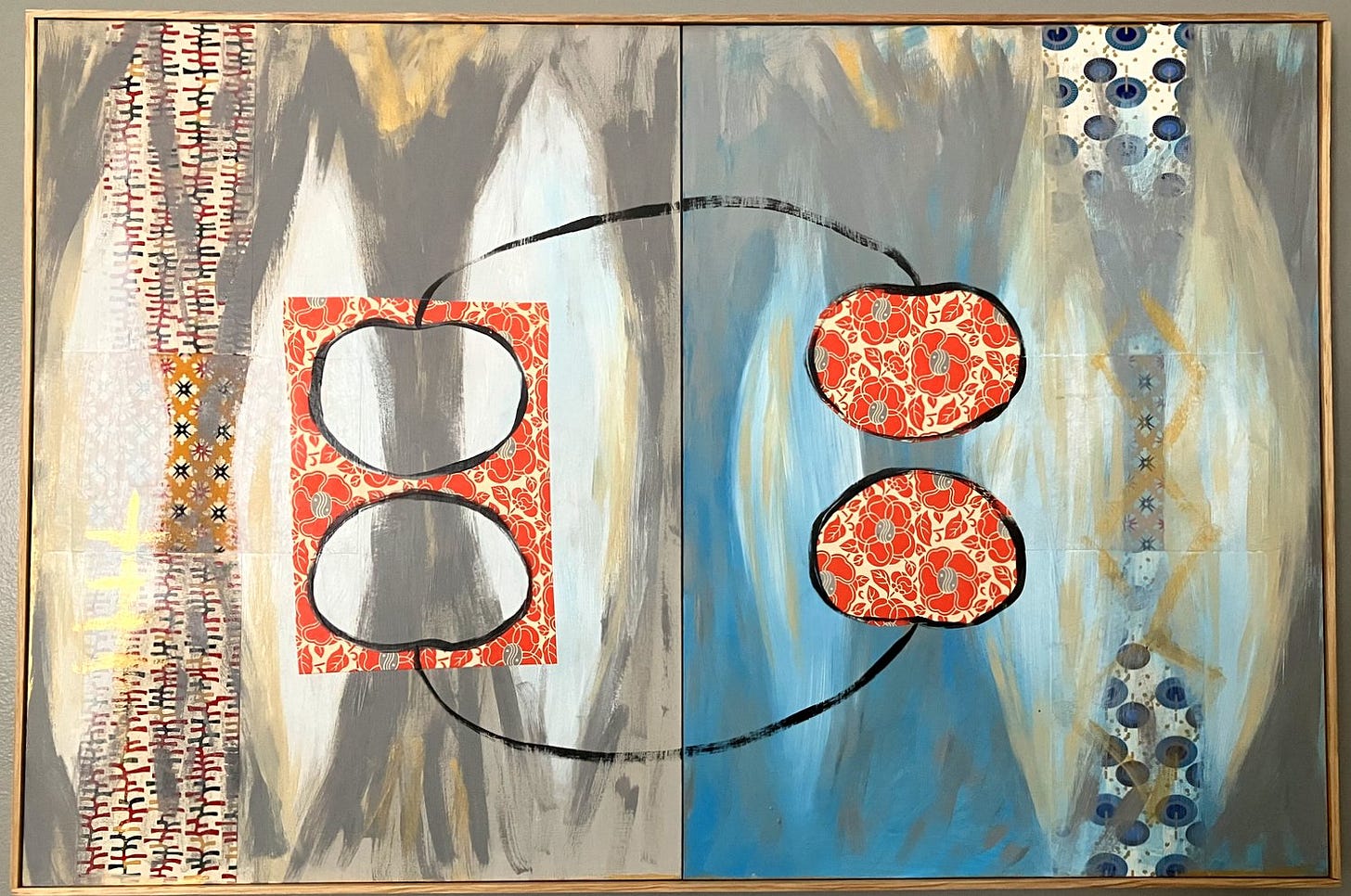


LOVE THIS